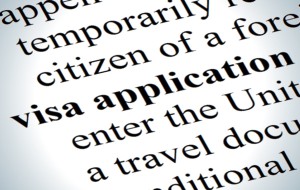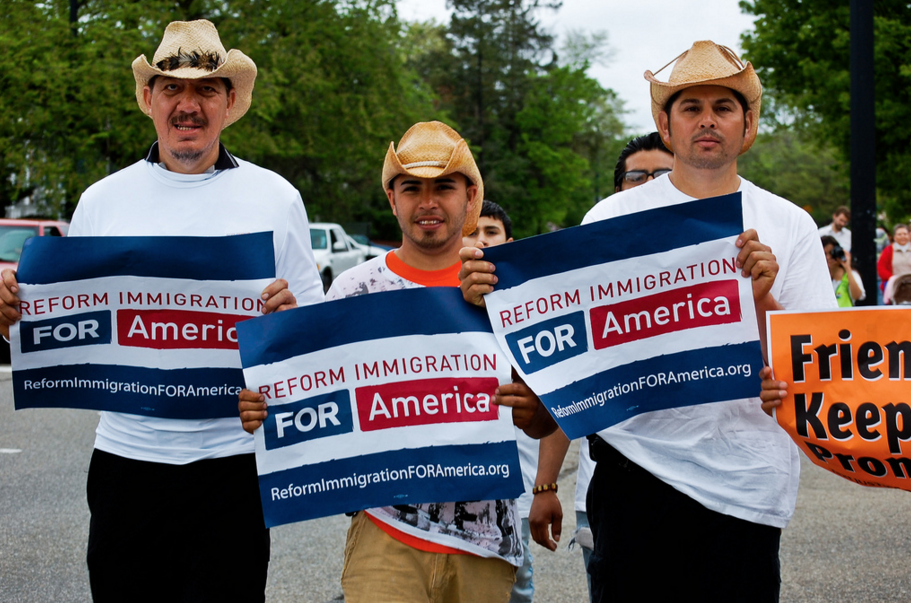 A fake university was recently created order to catch people suspected of running a visa scam. The university was called the University of Northern New Jersey, and while it was not real, it had a very convincing website. It claimed to offer “exceptional” education for students from other countries wishing to study in the U.S.
A fake university was recently created order to catch people suspected of running a visa scam. The university was called the University of Northern New Jersey, and while it was not real, it had a very convincing website. It claimed to offer “exceptional” education for students from other countries wishing to study in the U.S.
The federal authorities were behind this project, creating the phony university’s website in order to arrest 21 people on charges of conspiring to assist over 1,000 foreign people in fraudulently keeping or obtaining student or work visas. There is, however, one unexpected twist. The defendants who were arrested knew that the school was phony and so did the foreign people who allegedly pretended to be students at the university in order to remain in the U.S.
What they didn’t know was who was behind the fake school. This university was set up by undercover agents from U.S. Immigration and Customs Enforcement. Most of the foreign “students” who benefitted from the visa scam were already in the U.S. on student visas. They have been identified and while they will not be prosecuted, they could face deportation.
The 21 people arrested were considered recruiters, employers, and brokers. These 21 people were charged with “conspiracy to commit visa fraud and to harbor aliens for profit”. The latter of the two charges carries up to 10 years in prison. Most of these defendants are in the U.S. legally, residing in New York, New Jersey and California. One lives in Georgia and another lives in Illinois.
The University of Northern New Jersey’s website was very elaborate, with appealing photos, a message from the “president”, and links to academic programs. The website stated that the “president” was a man named Dr. Steven Brunetti, Ph. D. The site even had a school seal which appeared to have been based on Princeton University’s seal, but the fake institution’s colors were green and bluish-purple instead of Princeton’s orange and black. The university even listed an address. This address was that of a real building about 15 miles outside of New York City in Cranford. The University’s site was taken down on the afternoon of Tuesday April 5, 2016.
You may be wondering how exactly the undercover agents caught the middlemen that are currently under arrest. The 21 people who are now arrested paid the undercover agents who were running the school to create paperwork that made it appear as if the foreign people were enrolled at the University of Northern New Jersey. This way, the students would be able to keep their visa status without going to class. Overall, the middlemen paid the undercover agents thousands of dollars.
This is not the only example of a fake school being created for visa-related purposes. Immigration officials have looked into hundreds of possibly fake schools in recent years. Some of these investigations have already led to charges. Officials at one school in Georgia and two schools in California have received prison sentences due to these investigations. One of these officials even received 16 years in prison for visa fraud in addition to other charges. This case differs from the other cases because the federal authorities created their own phony institution, but it reveals a phenomenon that is occurring throughout the country.
